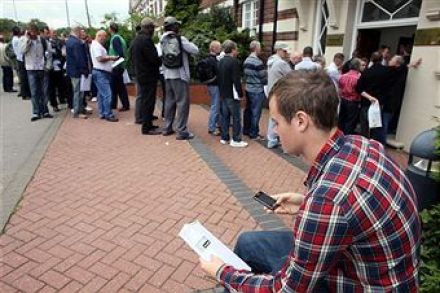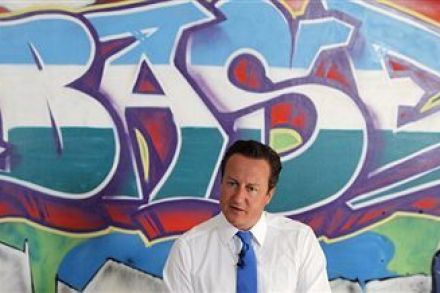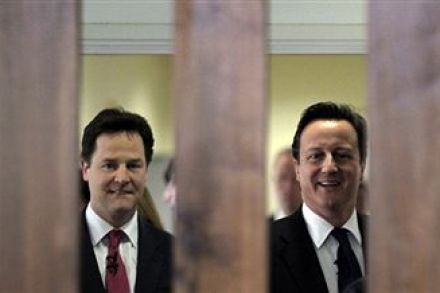A brutal no score draw at PMQs
Cameron and Miliband went six rounds on the economy at PMQs. Miliband tried to portray Cameron as just another Tory who thinks that “unemployment is a price worth paying”. Cameron, for his part, wanted to paint the Labour leader as someone whose policies would send Britain tumbling into a sovereign debt crisis. At the end, it felt like a bit of a no-score draw. Interestingly, Cameron stressed that “every week and every month, we’ll be adding to that growth programme”. We’ll have to see whether he’s talking about more small-bore measures, or something bigger on infrastructure investment. Labour had a new tactic today, trying to fact-check all of Cameron’s answers


















